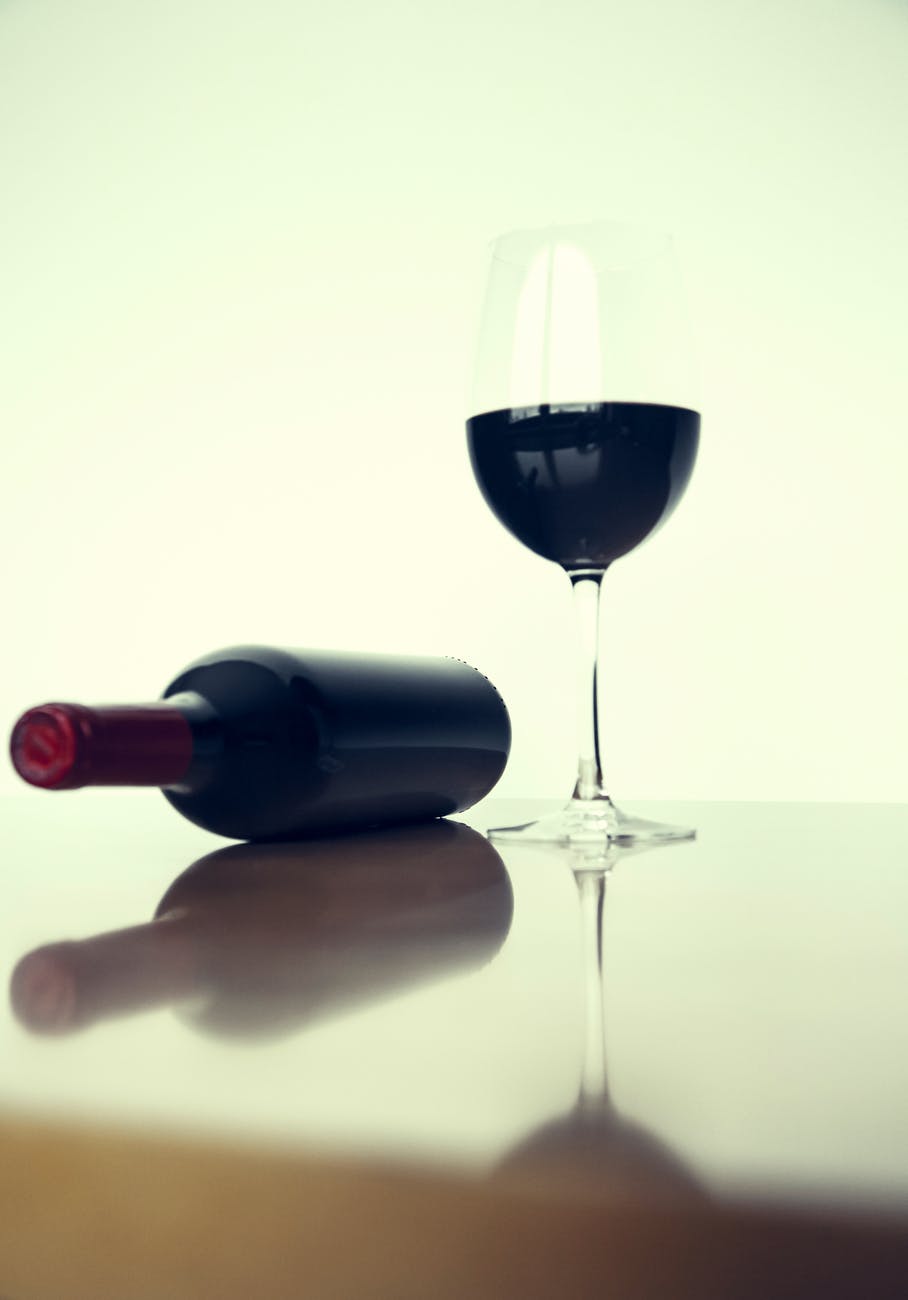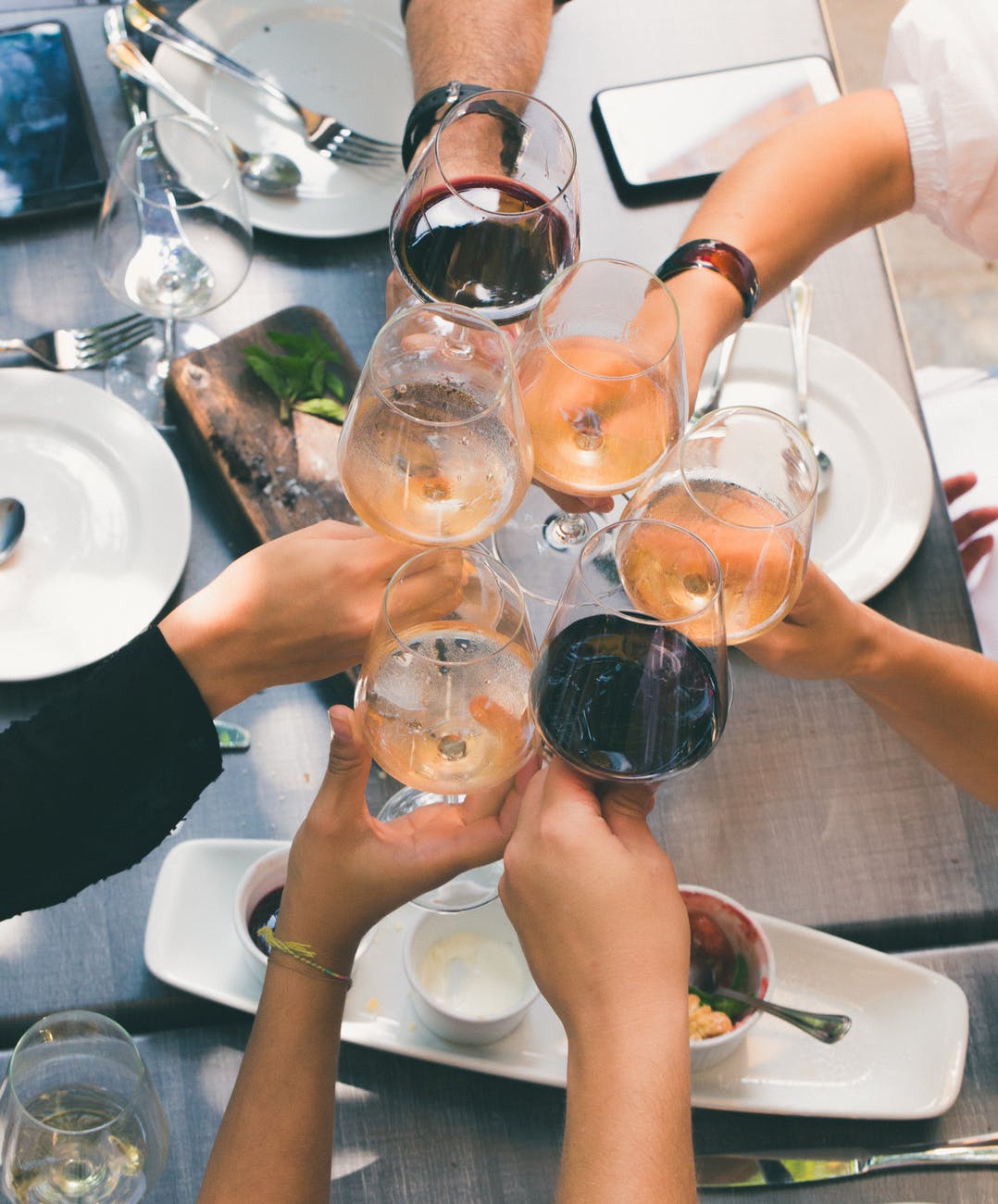The author Anne Fadiman writes in her memoir, The Wine Lover’s Daughter, that her father believed “there was something actually wrong with people who did not love what he loved”. So like any good daughter, she feigned an interest in his type of wine for a lifetime, until she reached her late forties and decided that her tongue deserved better. Soon, she went to a taste researcher who offered her a flight of five local wines from the Finger Lakes region. One was bitter but others were better than she expected. The Pinot Noir – which her father had dismissed as sissyish and vulgar – was her favourite.
There was nothing wrong with Fadiman. She merely had a different taste.
You may see a little bit of yourself in Fadiman (I know I do) but if seeing a taste researcher seems difficult, don’t worry. Two MIT students have created an alternative.
Boston-based startup Bright Cellars that just raised a $2.8 million funding round led by venture fund Cleveland Avenue, Cream City Venture Capital and CSA Partners has built an algorithm which identifies your taste in wine through a seven-question taste palette quiz.
It’s the virtual sommelier or wine club that can help you save face and reserve your mmms and aahs for wines you really like.
The quiz questions range from your favourite type of chocolate (dark, white, milk, candy…), your go-to drink (other than wine, of course), your pick between red and white wine, to some psychological ones: How do you pair your wine? (A good book, a group of friends, etc.).
The answers make way for a shortlist of four wines from around the world that Bright Cellar’s algorithm decides you will appreciate. A note on the main ingredients and a flowery description accompanies each choice and if you are put off by a particular pick, just click on the ‘Don’t like’ button and ask for it to be swapped. The cost? $60 ($15 each) excluding the shipping costs and taxes.
With this personal palette quiz, Bright Cellars’ wine club hopes to create a returning customer out of you. You sign up to receive four new wines that match your taste every month. Of course, you can change the frequency or cancel any time but most items are non-refundable. However, the wine club is publicising a Delight Guarantee where if you don’t like the bottle you’re delivered, a concierge will help you select a free replacement bottle the following month.
Delivering world-class wines
Co-founders Richard Yau and Joe Laurendi came up with the idea for Bright Cellars in the wine aisle of a supermarket. Both had graduated from MIT and were former roommates. Yau studied management, music and arts and Laurendi majored in mathematics, computer science and engineering. After MIT, Lorendi developed software for PushPage, a Boston area startup and Yau helped bootstrap another Boston start-up, Nutraclick to $65M revenue in four years. He also had an internship experience at the Department of Water in San Francisco.
In the wine aisle at the supermarket, the two friends were overwhelmed with the available choices. The Bright Cellar blog discusses how they discovered that like many others, they too were buying wine based on familiarity, price, the label design, or posted ratings, than taste.
But other wine subscription companies or clubs like Winc or Wine Awesomeness existed, so how different could Bright Cellars be?
Yau says, “Other wine subscriptions have focused heavily on discounting and no one has solved the heart of the problem yet”. The heart of the problem was introducing consumers to world-class wines that they probably wouldn’t have access to. But first, they had their own learning to do: Yau says he took two semester-long wine classes at Boston University, featuring tastings, lectures and assigned readings about wine regions and grape varietals.

PC: Pexels.com
The wine club was launched in 2014 and one year later, it was picked up by Gener8tor, an accelerator that invests in early-stage and high-growth startups for its three-month program in Madison. It provided Bright Cellars with mentors, a thriving startup community, and paid them $70k.
The inspiration for Yau and Laurendi was the trend of recommendation that has personalized everything today: from food to music. They only had to think of a way to bring the personalization to wines.
With their combined skills, the co-founders thought of creating a platform that would use machine-learning to curate a list of wines for people based on their tastes. But Laurendi admitted that, “creating a product that caters to every specific person’s tastes and adventurousness is actually quite difficult.”
Then came the idea to ask people a series of questions about their tastes – taking users’ opinion before offering the product which is used in several industries from financial planning to fashion.
But is a seven-question quiz sufficient to understand a person’s true palette? Probably not, and therefore, the internet is rife with reviews where people have claimed that their wine shortlist remained the same even when they changed their answers, or that they didn’t like the picks at all. Some have also complained about shipping issues or receiving spoiled wines. But Bright Cellars claims that the quiz is just the beginning.
The startup employs many concierges who spend their time answering emails from “general wine questions to subscription adjustments to taste profile updates.” One concierge, Brook Spors says that it is a misconception that the “initial quiz answers are the only bits of information that we use to pair them (members) with their monthly wine matches”
Instead, they rely on a constant interaction with the consumer for better results. Chances are, the company will get your taste right only in the third of fourth month, as Spors reiterates: We’re here to help you discover wine(s) you’ve never thought about trying.
And wines that you’ve probably never heard of.

PC: Pexels.com
Bright Cellars claims that only one in 12 wines tasted at Bright Cellars makes it to the monthly collection. These wines are then sold for $15 a club and since they are unusual and hard to source, it is difficult for the consumer to compare prices. The only way to bring the cost down is by referring your friends and increasing the Bright Cellars 16,000-member community.
But the founders have bigger dreams, as Yau says, “I think we can do for wine what craft beer has done for the beer industry.”
Subscribe to our newsletter



